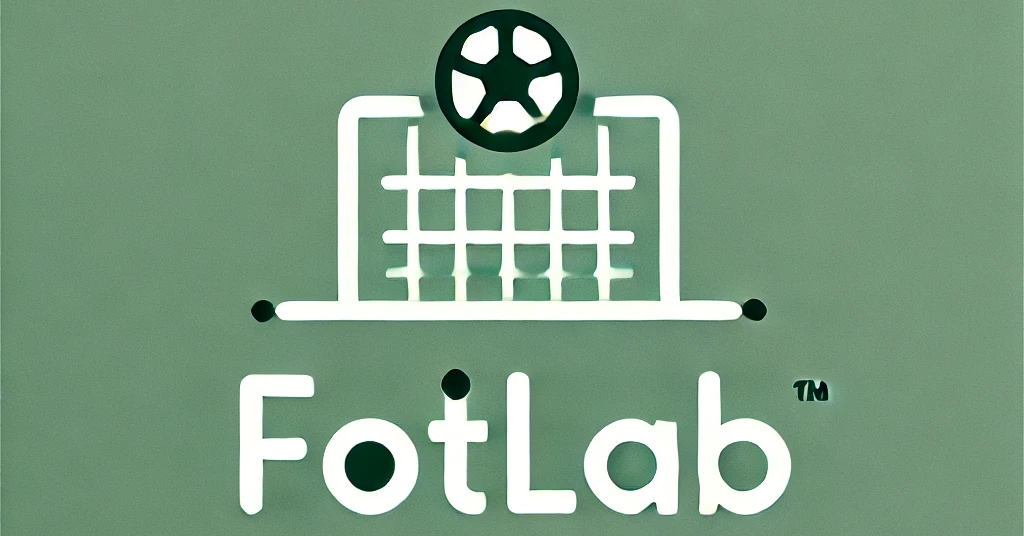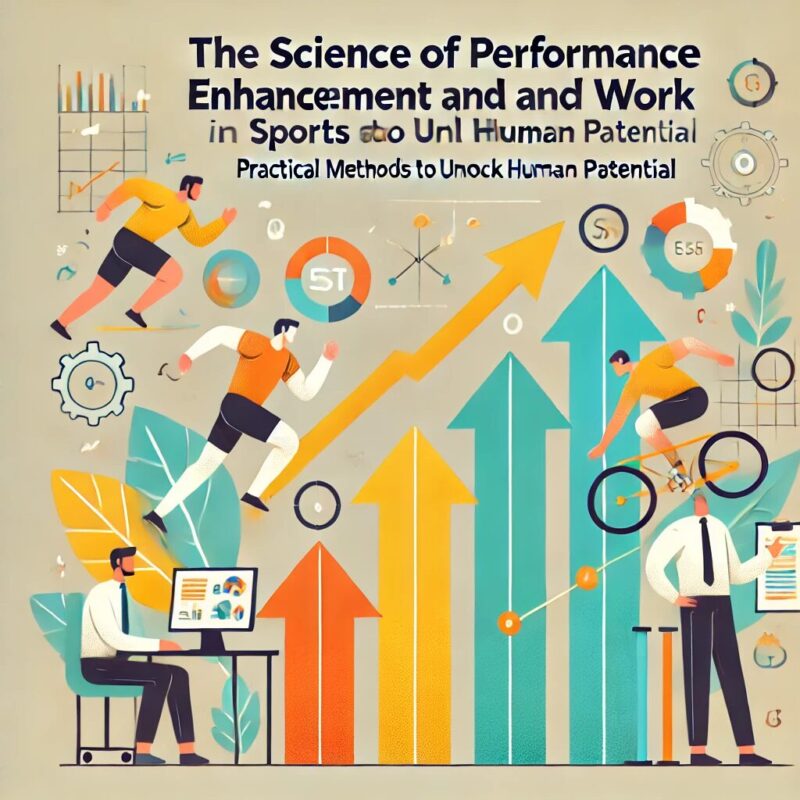記事本文(日本語)
結論 スポーツや仕事におけるパフォーマンスを最大限に引き出すためには、適切な環境、効果的なトレーニング、そして精神的な強さが不可欠です。これらの要素をバランスよく取り入れることで、誰でも自分のパフォーマンスを劇的に向上させることができます。
説明 スポーツと仕事における人間のパフォーマンス向上に関する研究は、私たちが自身の可能性を最大限に発揮するための具体的な方法を提供します。研究によって明らかにされたエビデンスを基に、以下の三つの要素が重要であることが分かっています。
まず、適切な環境が重要です。ハーバード大学の研究によると、自然環境での作業や学習は、集中力と創造性を高めることが示されています。オフィスや学習環境に植物を取り入れるだけで、生産性が15%向上することが分かっています(Knight & Haslam, 2010)。また、物理的な環境もパフォーマンスに大きな影響を与えます。例えば、適切な温度と照明は、快適さを提供し、作業効率を向上させます(Wilson & Bell, 2017)。
次に、効果的なトレーニングが必要です。反復練習と正しい方法の採用は、スキルの向上に不可欠です。スタンフォード大学の研究によると、意図的な練習(deliberate practice)は、専門家レベルのパフォーマンスを達成するための鍵であるとされています(Ericsson et al., 1993)。例えば、チェスのグランドマスターたちは、一日に数時間を費やして集中練習を行い、パフォーマンスを向上させています。また、運動選手が高地トレーニングを行うことで、持久力が大幅に向上することも実証されています(Bonetti et al., 2009)。
具体的なトレーニング方法としては、以下のようなものがあります:
- スポーツパフォーマンス: 高地トレーニング、インターバルトレーニング、クロストレーニング、ビデオ分析による技術改善。
- 仕事のパフォーマンス: タイムブロッキングによる効率的な時間管理、ポモドーロテクニック、特定のタスクに集中するためのディープワークセッション。
最後に、精神的な強さがパフォーマンスに大きな影響を与えます。心理学的研究は、モチベーションやストレス管理、そしてメンタルリハーサルの重要性を強調しています(Bandura, 1997)。瞑想やマインドフルネスの実践が、心の安定と集中力を高めることが証明されています(Kabat-Zinn, 1990)。具体的な例として、NBA選手が試合前に瞑想を行うことで、集中力とパフォーマンスが向上することが示されています(Parker et al., 2018)。
精神的な強さを養うための具体的なアプローチには以下が含まれます:
- 瞑想とマインドフルネス: 毎日の瞑想セッション、マインドフルネス呼吸法、ストレス軽減プログラム。
- メンタルリハーサル: イメージトレーニング、ポジティブアファメーション、心理的技術訓練。
これらの要素を総合的に活用することで、誰でもスポーツや仕事における能力を最大限に引き出し、目標を達成することが可能になります。科学的なエビデンスに基づいたアプローチは、私たちが持つ潜在能力を引き出すための強力なツールとなります。
Article Body (English)
Conclusion To unlock human potential and achieve peak performance in sports and work, it is essential to have the right environment, effective training, and mental strength. By integrating these elements, anyone can dramatically improve their performance.
Explanation Research on performance enhancement in sports and work provides concrete methods for maximizing our potential. Evidence from various studies highlights the importance of three key elements.
Firstly, the right environment is crucial. A study by Harvard University shows that working or studying in natural settings enhances focus and creativity. Incorporating plants into office or learning environments has been shown to increase productivity by 15% (Knight & Haslam, 2010). Additionally, physical environments significantly impact performance. For instance, appropriate temperature and lighting contribute to comfort and efficiency (Wilson & Bell, 2017).
Next, effective training is essential. Repetitive practice and correct methods are vital for skill improvement. Research from Stanford University indicates that deliberate practice is key to achieving expert-level performance (Ericsson et al., 1993). For example, chess grandmasters spend several hours a day in focused practice to improve their performance. Furthermore, athletes who engage in high-altitude training experience significant improvements in endurance (Bonetti et al., 2009).
Specific training methods include:
- Sports Performance: High-altitude training, interval training, cross-training, video analysis for technique improvement.
- Work Performance: Time blocking for efficient time management, the Pomodoro Technique, deep work sessions for focused task completion.
Lastly, mental strength greatly impacts performance. Psychological studies emphasize the importance of motivation, stress management, and mental rehearsal (Bandura, 1997). Practices such as meditation and mindfulness have been proven to enhance mental stability and focus (Kabat-Zinn, 1990). A specific example is NBA players who meditate before games to improve concentration and performance (Parker et al., 2018).
Approaches to cultivate mental strength include:
- Meditation and Mindfulness: Daily meditation sessions, mindfulness breathing exercises, stress reduction programs.
- Mental Rehearsal: Visualization training, positive affirmations, psychological skills training.
By comprehensively utilizing these elements, anyone can unlock their full potential in sports and work, achieving their goals. An evidence-based approach provides powerful tools for tapping into our latent capabilities.



